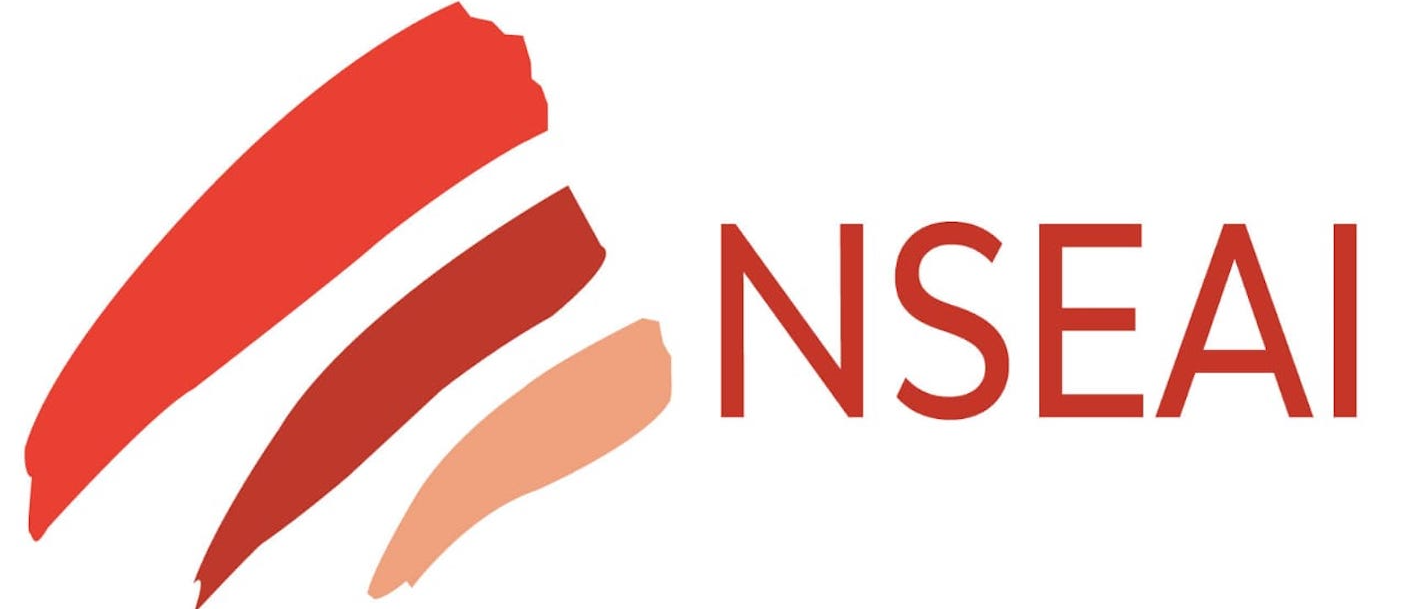
SO HOW DO I WRITE A GOAL?
Dec 14, 2020DEFINING MEASURABLE GOAL COMPONENTS
If you have a student with an IEP you have read lots of goals, but do you have any idea about how appropriate a given goal is? Will this goal lead to any functional outcomes or is this just one more exercise in frustration? So how can I tell that the goal is a good goal for my child?
Before anything is considered as a goal, it is important to recognize what specific skill is being addressed. That specific skill is not one of the umbrella terms of reading, math, etc. That specific skill is going to be one or more of the many sub-skills found.
Reading Measurable Goals
MUST BE CORRELATED WITH SPECIFIC NEEDS/DEFICITS
READING LEVEL GOAL – Will improve from a 3rd grade with a Lexile of 300 (N level) to a 4th-grade level with a Lexile of 675 - (end of P level) with the oral reading of COLD READS of NOVEL TEXT by improving the following 4 sub-skill sets
- FLUENCY - from___ to 130 CWPM in 400 words or greater in length story measured on three consecutive weekly probes
- Fluency requires strong phonic decoding skills, an expanding pool of grade-level high-frequency sight words that are automatically identified. Improved fluency decreases the gap between recognizing a word and understanding it’s meaning. Thus, it increases reading comprehension speed and accuracy. Fluency decreases the time needed to concentrate on decoding the words and increases the time used to focus on the meaning of sentences. Fluency requires solid phonemic awareness, phonics skills, and vocabulary.
- DECODING - 90% accuracy at the 4th grade level of 1st through 4th grade 400 high frequency and curriculum-based reading words using word analysis strategies to figure out the meaning of unknown words or phrases.
This includes 2 skills.
- Phonics is the process of mapping the sounds in words to written letters. It is the earliest of reading skills and develops a link between letters and sounds, known as the alphabetic principle.
- Phonemic awareness is the ability to hear, identify, and manipulate these individual units of sound in a word.
- VOCABULARY - Given the list of 100 –high-frequency 4th-grade common core vocabulary they will correctly define and write them in a sentence 4/5 times.
- Vocabulary words are sight words. These include high-frequency sight words that are the most fundamental words to learn when starting to read. The first 100 sight words at each grade level make up more than fifty percent of most texts for early readers.
- COMPREHENSION: 80% in each area of the comprehension rubric independently using strategies (without picture cues) over 4 consecutive probes
COMPREHENSION RUBRIC
- After independently reading (novel /unfamiliar) 5 or more pages, in each of the categories of fiction, non-fiction, expository, and narrative text at a 4th Grade level story, will answer each of the 6 areas of the comprehension rubric with 80% accuracy across 4 consecutive probes.
- Answer 3 inferential comprehension questions with at least 2 pieces of text-based evidence per reading
- Highlight and Paraphrase the topic sentence or main idea in each paragraph
- Summarize every three paragraphs to include:
- Main idea and 3 supporting details
- Identify characters
- Setting
- Plot / what happened / problem/ events and resolution
- Will answer why and how questions
- Retell the story - giving in-depth descriptions of characters, setting, and events in a story. Comparing and contrasting the settings, characters, and events in and between stories
- Explain the relationship or interaction between two or more individuals, events, or ideas based on specific information in one or more texts.
- Identify and distinguish different genres – of fiction from nonfiction or realistic fiction from fantasy
- COMPREHENSION IS THE CHILD’S READING LEVEL! Do not be fooled!!!!! They must visualize the characters and imagine details and dialogue and then verbalize that information to show their comprehension. It requires predictions, inferences, and factual analysis.
- Reading must have sufficient accuracy and fluency to support comprehension. If comprehension is poor you must go back and look at the other components of reading to remediate.
ASSESSMENTS:
WEEKLY PROBES - (CBA curriculum-based assessment) running record with an assessment of conventions and types of errors
EACH SEMESTER - the Qualitative Reading Inventory QRI-6
ANNUALLY - the student will demonstrate 4th grade-level independent reading ability on literature passages as measured by the GORT -5 and the Developmental Reading Assessment - 3 (DRA-3) tools
- "Each of the DIBELS tests only takes about one minute to complete. DIBELS tests are only “indicators” of the student's overall reading status, and are not intended to be in-depth or comprehensive measures of reading." Per DIBELS literature
- "AIMS web RAPs provide teachers with passages for quick but accurate formative assessment of students’ oral reading fluency. These assessments are a Curriculum-Based Measurement (CBM) system that is intended to assist teachers in making instructional decisions and monitoring student progress." These are not standardized assessments
Be SPECIFIC BE SPECIFIC BE SPECIFIC
IS IT A SUBJECTIVE OR OBJECTIVE MEASUREMENT?
YOU CANNOT GO BACK AND GET THE DATA!
THE IEP GOAL FORMULA
Academic and Functional Goals
Know what your objectives are – plan ahead – WHAT DOES IT LOOK LIKE!!!
What is the skill that is to be demonstrated and what area of deficit will be measured?
Present Levels and Goals how to define them
Define them in each goal from common Core Skills:
Will improve ____ Functional skill from ____ to _____ with
Sub skill deficits from ____ to _____
Identify the level of independence
___ # of ___ type of prompts or independently
___ % across __ consecutive probes
Mastery Consistency
80% accuracy across 5 consecutive probes = 80% accuracy
80% X 100% = 80
Mastery Consistency
80 % accuracy in 4 out of 5 probes = 64% accuracy
80% X 80% = 64
Mastery Consistency
Across ____ environments (physical and situational/ peers or adults)
In the general education classroom, in science, in gym
Using ____tools to evaluate / weekly/semester/annually
- Using more than one evaluation tool is required
- Many tools are Classroom-Based Assessments only
- Many tools do not measure the skill that needs improvement they measure a task and not the subset of skills.
This series of blogs has 7 topics with multiple parts.
The topics are:
WRITE THE RIGHT IEP THE FIRST TIME
5 CURRICULUM AREAS TO ADDRESS IN THE IEP
20 QUESTIONS PARENTS SHOULD ASK AT THE IEP

Learn more about competency-based IEPs
and become a
Nationally Recognized Education Advocate
through the
National Special Education Advocacy Institute - NSEAI.
YOU CAN BECOME
a Board-Certified Education Advocate
Just 12 one day on-demand webinars, at your convenience.
AUTHORS
Marie Lewis is an author, consultant, and national speaker on best practices in education advocacy. She is a parent of 3 children and a Disability Case Manager, Board Certified Education Advocate, and Behavior Specialist Consultant. She has assisted in the development of thousands of IEPs nationally and consults on developing appropriately individualized IEPs that are outcome based vs legally sufficient. She brings a great depth of expertise, practical experience, and compassion to her work as well as expert insight, vision, and systemic thinking. She is passionate and funny and she always inspires and informs.
MJ Gore has an MEd in counseling and a degree in elementary education and natural sciences. She worked as a life-skills and learning support teacher She has been honored with the receipt of the Presidential Volunteer Service Award. She is the Director and on the faculty of the National Special Education Advocacy Institute. Her passion is social justice, especially in the area of education. She is a Board Certified Education Advocate that teaches professional advocates, educators, and clinicians the best practices in education advocacy.
